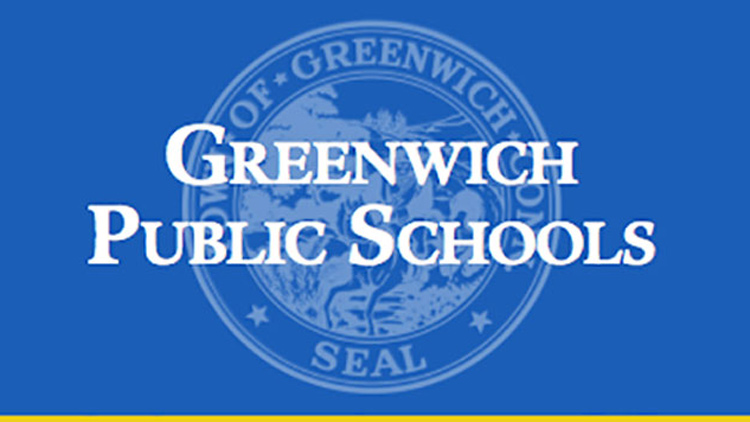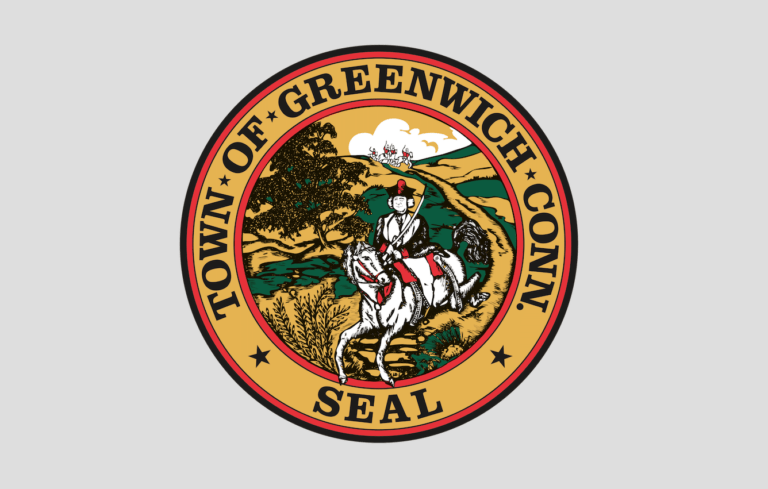As Greenwich embarks upon the solemn yet celebratory observance of our nation’s semi-quincentennial—the 250th anniversary of the Declaration of Independence—we are reminded that commemoration is not nostalgia. It is an act of civic mindfulness, a deliberate effort to bind the past to the present with the ligatures of responsibility.
At Town Hall on Independence Day, the official launch of the America 250 | Greenwich initiative was, as First Selectman Fred Camillo has often exhorted, an invitation to “meet the moment.” That phrase, spare and unpretentious, contains an entire ethic. It insists that we are not passengers on history’s ride but stewards of its direction.
To celebrate 250 years of American independence is to reflect on the paradox of freedom: that it was purchased at the price of sacrifice, and maintained only by continual vigilance and civic virtue.
If we need models, they abound. A proposed statue of President George H.W. Bush in Veterans Plaza, the very soil on which other memorials stand, will remind us that courage can be both local and national, youthful and seasoned. Bush, who flew 58 combat missions before his 21st birthday, did not mistake privilege for entitlement. We can see in him a neighbor who answered the call.
Such monuments matter because they anchor the abstract to the tangible. They are civic punctuation marks reminding us that history is made by particular people in particular places. But they are not the sum of commemoration. As the late John Adams cautioned, “Posterity! You will never know how much it cost the present generation to preserve your freedom. I hope you will make good use of it.”
Making good use of freedom, here in Greenwich, means embracing a project of civic decency. It means rejecting the allure of adversarial postures in favor of neighborly engagement. This newspaper has recently chronicled lives like Joe Kelly’s, who, by volunteering, coaching, serving on the Board of Education, and even helping sift rubble after 9/11, reminds us that community is not a spectator sport. He does not merely attend Greenwich. He participates in it.
Greenwich’s upcoming 250th celebrations— concerts, exhibitions, pageantry—should aspire to that tradition. They are not distractions from the work of self-government but invitations to it. We should see in these occasions a call to be proud not only of our country but of our fellow humans, our town, our families, ourselves—and to make ourselves worthy of that pride.
For patriotism is not, as its critics allege, mere provincialism. Properly understood, it is an aspirational creed. It says, I am responsible for this place; this time. It says, I will meet the moment.
As Greenwich embarks on this commemorative journey toward July 4, 2026, may we embrace this elevated calling. Let us be mindful stewards of our inheritance, willing to serve, willing to listen, willing to honor the past not as dead weight but as living mandate.
This, indeed, is the essence of good patriotism. It is not sinful pride—the vanity of self-exaltation—but the righteous pride that values one’s country, town, school, and self enough to improve them. It is the love that is not as boastful or arrogant but patient and kind. The real patriots are those who wave the flag not to divide but to unite; who love their town enough to serve on a board, coach a team, care for the vulnerable, or simply listen.
We would do well to remember that the best way to honor our forebears is to ensure that, two and a half centuries from now, our descendants will likewise have something to commemorate.
We cannot choose the time into which we are born. But we can choose to meet it. Let this anniversary remind us: history is not an inheritance to squander, but a trust to uphold with the steady, unspectacular heroism of civic virtue.
Happy Birthday, America. May we continue to deserve you.



